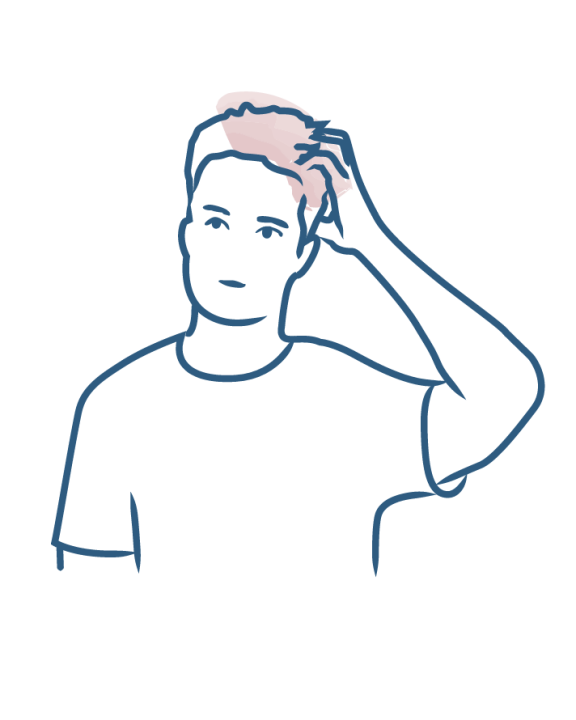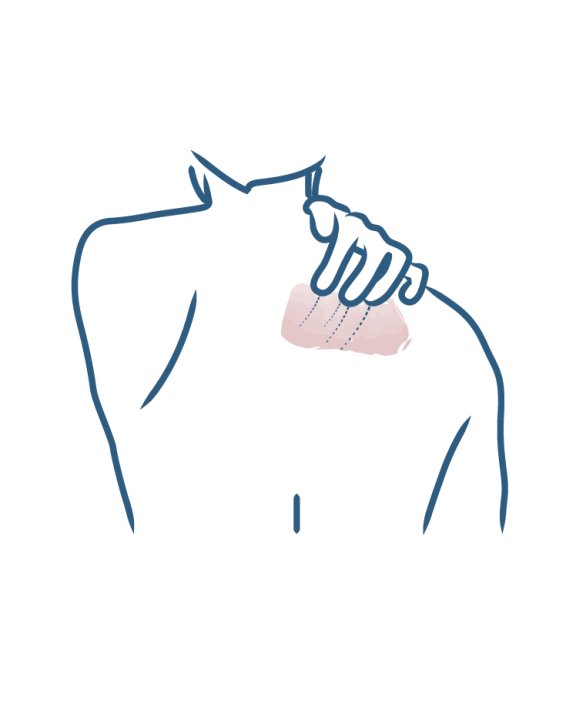How do you soothe itching?
Which anti-itching cream should I use?

Which anti-itching cream should I use?
You must use the appropriate skin care products to care for your sensitive and itchy, sometimes in addition to medication prescribed by the doctor. Applying an anti-itching cream will quickly relieve itching. Which anti-itching ointment should you choose?
What causes itching?
Itching has many different causes, both dermatological and non-dermatological. At the same time, certain factors promote pruritus and itching:
- Skin dryness, also called xerosis;
- Age;
- Hard water;
- Adverse weather conditions, such as cold or wind;
- The application of unsuitable cosmetic products, etc.
To relieve itching, skin diseases that cause itching such as eczema or psoriasis must be treated with specific products, for example with cortisone creams and emollients.
In cases of non-dermatological pruritus or senile pruritus(pruritus that specifically affects the elderly), it is advisable to apply an anti-itching cream.
What do anti-itching creams contain?
Anti-itching creams are effective if they contain one or more active ingredients known for their soothing and anti-pruritic properties. This is for example the case of polidocanol or menthol. As with any medication, clinical studies are done to show that the use of an anti-itching cream results in a significant reduction in itching.
Itchy skin is primarily sensitive skin. For perfect tolerability, anti-pruritus creams must imperatively be hypoallergenic, without perfumes and without harmful or allergenic substances.
The texture of the anti-itching creams is also to be taken into account. A fluid and light texture leaves behind a sensation of freshness, very well appreciated in cases of itching.
How do you soothe severe itching?
In cases of pruritus, apply a daily anti-itching cream. If necessary, plan one or more additional applications throughout the day. Put the anti-itching cream in the refrigerator to accentuate the sensation of freshness on the skin.
More information
- Discover Essential oils for pruritus
How do you soothe itching?
Essential oils for pruritus
- Discover Medicinal treatments for itching
How do you soothe itching?
Medicinal treatments for itching
- Discover Which anti-itching shampoo should I use?
How do you soothe itching?
Which anti-itching shampoo should I use?
Our care routines
Itching on the scalp or body


